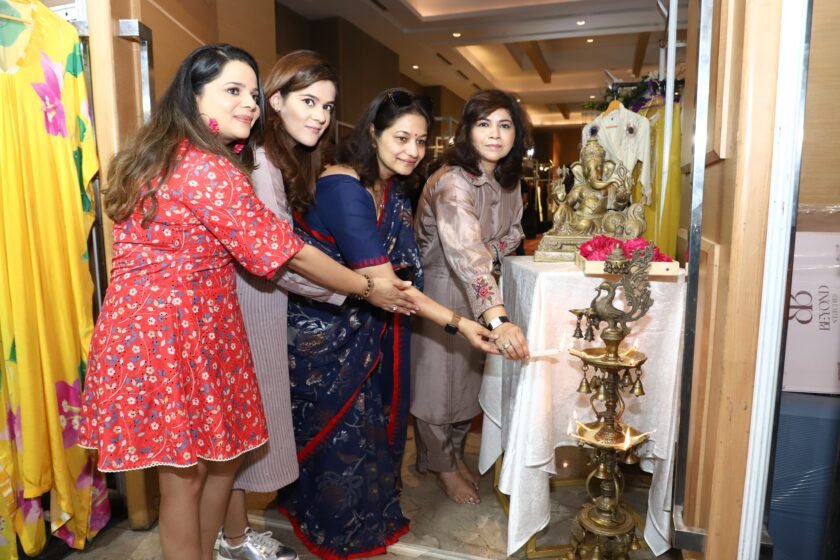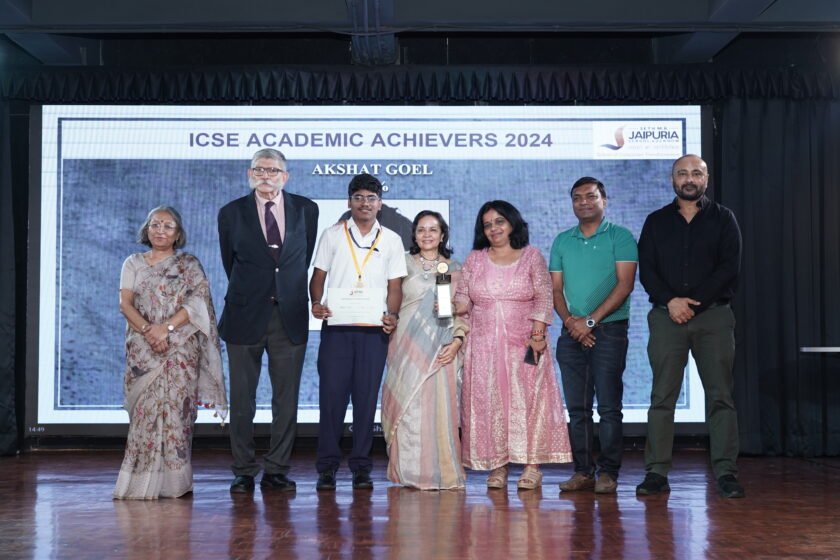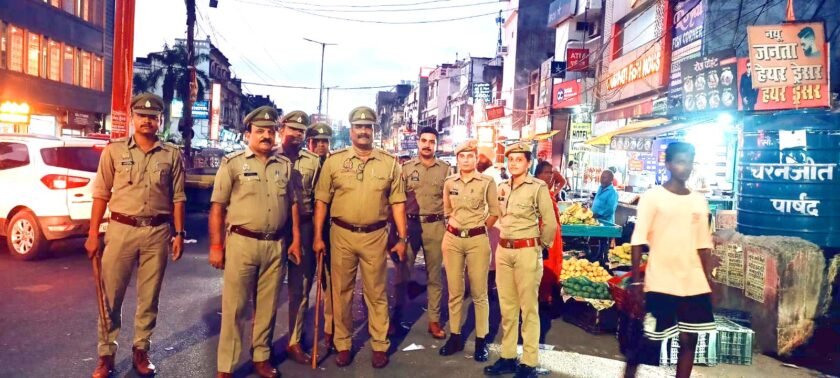Lucknow: Centre of Excellence for Mediation and Arbitration (CEMA) held a conference on Institutional Arbitration- The Only Answer. The Chief Guest on the occasion was Justice Subhash Vidyarthi, who emphasized how institutionalisation of mediation and arbitration is necessary to keep up with the ever-changing dynamics and needs of the society.He also emphasized on the very important role of effective mediation.
Justice Subhash Vidyarthi speaking said that mediation cannot be neglected, mediation is dispute resolution and not dispute adjudication. He said that institutional mediation is at a nascent stage and it needs to be suitably made more concrete in structure. He said the scope of mediation is higher than arbitration. Adding to this he said that people must know, the laws and lawyer should have a connect with society they cannot exist like an island. He said in arbitration, party autonomy is the highest.
He said CEMA can play a critical role as a dispute resolution institution. He said in today’s times acknowledgement of honest and dedicated arbitrators, especially from the industry bodies is how they can be certified as worthy of credit. Underscoring his point further, he said with integration will come impact on high value litigation which impacts grassroots with a clear help for common man. He said culture of adhocism in artibration is going down. Institutional arbitration would help benefit Industrial Relations and business industry partnerships.
The Guest of Honour Sanjay Bhoosreddy, IAS, Chairman UPRERA said the government being the biggest litigant is the biggest beneficiary of institutions like CEMA, which allows for not only saving of time and public money but also promotes foreign investment.
Sanjay Bhoosreddy speaking at the forum said we at RERA don’t have arbitration but have a concept of conciliation. He said both in terms of Lucknow and NCR, it is a great challenge. In recent times we have found that in three sittings the matter is disposed off. He said that nobody wants to compromise and home buyers don’t want to go to court. He avered that the government is the main litigant. It takes energy, time and public money to contest such cases. He said the government is the biggest beneficiary when it comes to institutional arbitration. It helps in better investments as well. On the flipside, the biggest problem is the of contract compliance. He said investors cannot go to the courts. It leads to losses and one looks at a quick redressal mechanism. Secondly misuse of intellectual property and going against the contract has been a major bone of contention he adds.

Avanish Awasthi, IAS, also graced the occasion as the Guest of Honour and said institutional arbitration is imperative to ensure appointment of fair, impartial and expert arbitrators.
Avanish Awasthi said when CEMA came up, we were part of the launch event, on a very happy note I am very glad to see that it is active today. He said I am wishing it go from strength to strength. He said be it the Expressway, work on the PPP model, UPSHAM or other contracts we have all been part of that work process. He said also in case of information department contracts and other aspects we need arbitration. He said what is more important is the greater understanding of works and there has to be a fair approach to the process on the right appointments and improve awareness. He said the state government keeping in mind bodies like CEMA is working so that there is greater scope. We hope that we can do workshops with officials to help improve the system. He underlined – India has a good workforce and in times to come, I am hoping that with the focus on Ghaziabad we can concentrate on Western UP. He said this can be developed into a crucial arbitration hub like Singapore.
Senior Arbitration Advocate Manish Mehrotra gave an outline and overview of the significance of institutional arbitration as the main medium of ADR in India in times to come and that gradually even as per the legislative intent adhoc arbitration will give way to institutional arbitrations and mediation. He highlighted that the advantages of institutional arbitration are several and the first and foremost being – “Ease of Doing Business” for all investors in India and particularly the State of Uttar Pradesh, as it stands today on its huge growth trajectory.
Manish Mehrotra said that the conference is of great significance and it is exclusively associated with dispute resolution. He said there are many tough questions that are needing answers. And to do so we have gathered here. He said U.P. is on a good growth trajectory and investments are coming in. There is need for dispute resolution which is exclusively part of the investment framework. He said while things might sound arrogant, but a resolution to this problem is a reality today. He said Institutional Arbitration is the order of the day and said India has taken the need of institutional arbitration seriously, which is these days called alternative dispute resolution. He said under the legislative scheme aspects like process of appointment, conduct among other aspects are well defined when it comes to appointment process but there is Greater need of discussion and resolution.
Prashant Chandra, Senior Advocate in his welcome address highlighted how institutional arbitration minimises court intervention and expedites the resolution of the dispute.
Prashant Chandra speaking at the forum said that arbitration is the need of the day. There is nothing much done to bring down the evils of arbitration. He said that the idea is to reduce the interference of courts and bring about expedition in the process. Adding that there is need to understand that government is the main litigant. He rued that general processes of arbitration takes about 3 to 4 years especially finding someone. Then one goes for resolution, appointment and then steering forward with confidence. All this while knowing things will be done and he said that many ideas have come our way.
Mukesh Bahadur Singh emphasized on how institutional arbitration can help the government resolve various industry and investment challenges being faced the State. The inaugural session of the conference was followed by a technical session in which eminent speakers addressed the gathering which included speakers of eminence namely Justice S.U. Khan (Retd.), Justice K.S. Rakhra (Retd.), Justice Raghvendra Kumar (Retd.), Justice A.N. Verma (Retd.), Justice Arvind Tripathi (Retd.), Arvind Varma, Senior Advocate, Supreme Court of India who further highlighted the various benefits of institutional arbitration and lauded the formation of Centre of Excellence for Mediation and Arb




